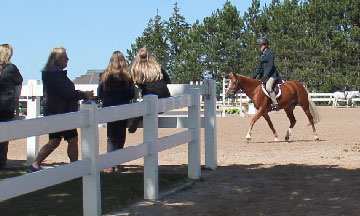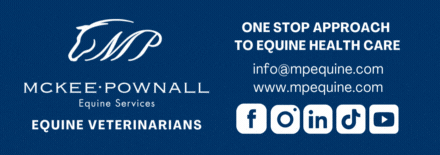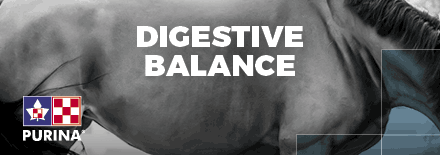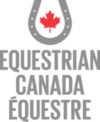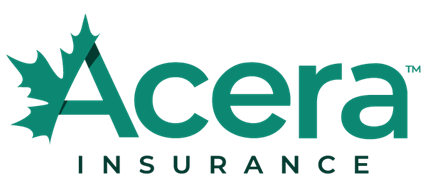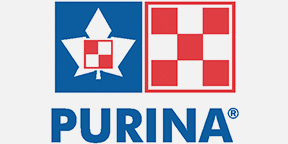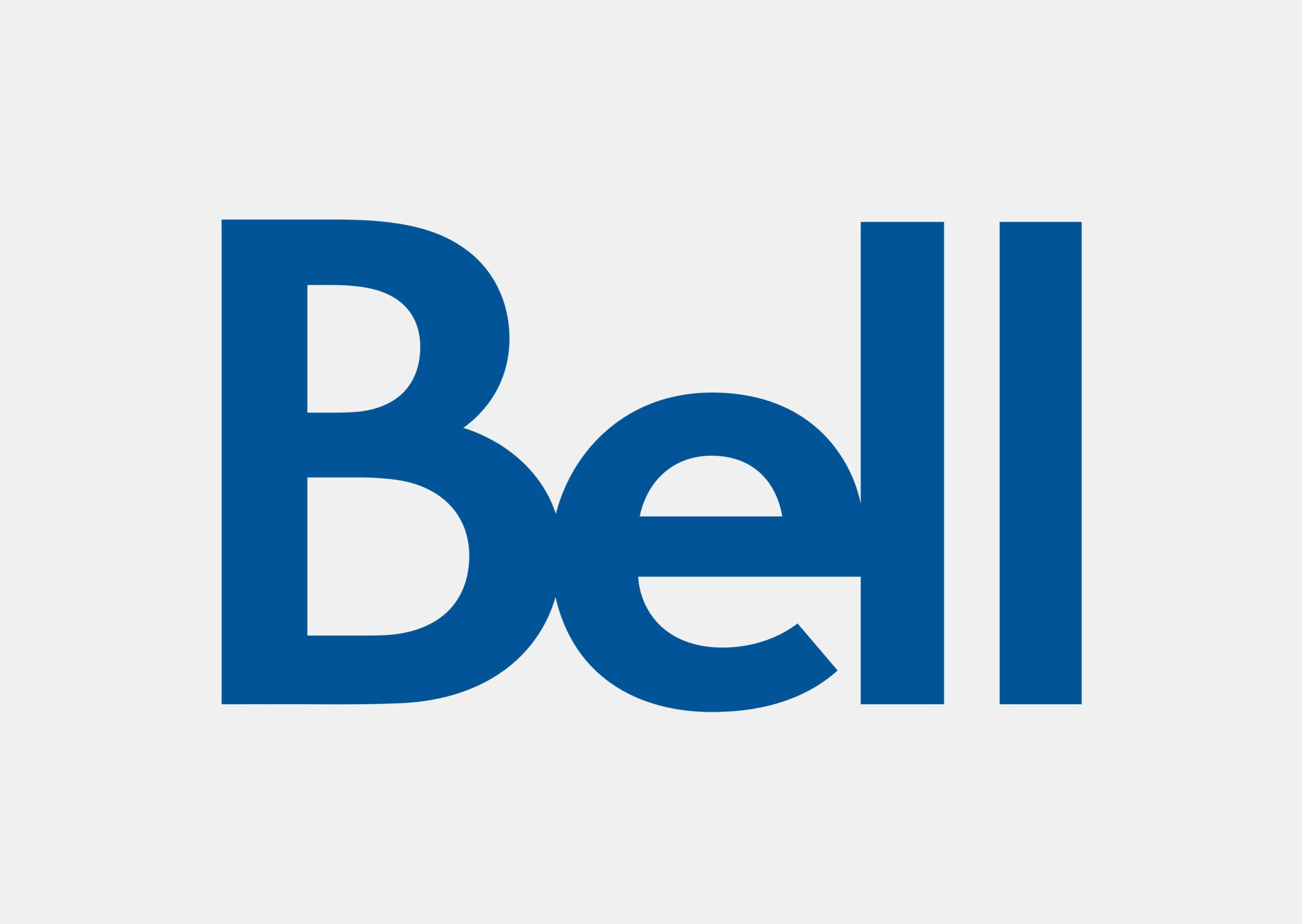We must keep the conversation going – Equine Businesses and Farming Income
The equine industry faces sector classification and program eligibility challenges with the federal government, which make them ineligible for certain government programs. During the COVID-19 pandemic situation, agricultural sectors continued operations as they were deemed essential. However, as a considerable amount of equine operations do not fall under the federal definition of farms, they had no choice but to suspend activity as they were not deemed essential. Equine farms continued to bear the cost to care for their horses, or face animal health or welfare crises. The pandemic situation made it clear that to protect and grow the equine industry now and in the future, horse farms and facilities must fall within the scope of agriculture and within the federal definition of farming. While horses are classified as livestock in several key pieces of federal legislation and provincial planning policies, most equine boarding and lesson barns do not meet the definition of farms for tax purposes. In Ontario, Farm Business Registration may qualify the operation for the Farm Property Class Tax Rate Program, which provides a reduction in municipal taxes to eligible farmland, and access to other government programs. To qualify for Farm Business Registration, a business must gross $7,000 in eligible farm income annual, and claim on their income taxes under farming income.
Very few equine operations can demonstrate farm income on their income taxes. The description of eligible farming and farming income are defined by the Canada Revenue Agency (CRA), and Canada’s Income Tax Act . Currently, section 248 subsection 1 of the Income Tax Act defines farming as “ tillage of the soil, livestock raising or exhibiting, maintain of horses for racing, fur farming, dairy farming, fruit growing and the keeping of bees…”. While the definition of livestock is not defined under the Act , the CRA states that farming does NOT include:
- Raising or breeding of animals, fish, insects, or any other living thing, for use or sale as pets;
- Providing certain equine services such as horse riding lessons, dressage training, horse boarding, or quarantine service;
Currently, the CRA only recognizes maintaining horses for racing and breeding under the definition of farming. This would preclude the majority of equine businesses from being captured in the definition of farm businesses and declaring farm income, thereby preventing them from accessing certain provincial and federal government programs and other agriculture-based resources. Based on the recommendations in Response to COVID-19 for Canada’s Active Equines Summary Report it is imperative that equine stakeholder groups currently involved in COVID-19-related advocacy maintain a channel of communication with AAFC and continue to discuss the place of active equines businesses within the agricultural sector.
Ontario Equestrian and Equestrian Canada continue to advocate all levels of government relentlessly on behalf of the community.
Should you have any further questions or require any additional information, please contact us at: info@ontarioequestrian.ca
